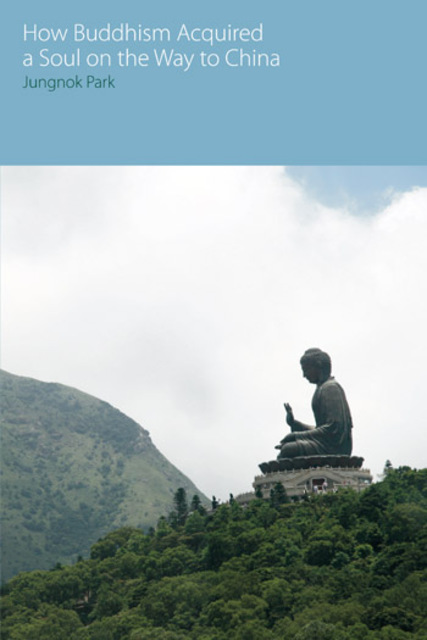Park/How Buddhism Acquired a Soul, 7. Non-self but an Imperishable Soul

Full description
In Part I, introducing the translation procedure and analysing the cultural characteristics of Chinese Buddhist translation, I illustrated the cultural atmosphere that allowed the Buddhist translators arbitrarily to insert their opinions in the body of canonical translations. The use of Chinese terms indicating an imperishable soul, such as hunpo 魂魄, shenshi 神識 and jingshen 精神, in Buddhist translations affords a typical example of arbitrary interpolations or adaptations. In this chapter, I aim to demonstrate how the indigenous Chinese ways of thinking influenced Buddhist translation in China, by exploring and analysing the adaptations and interpolations that reflect the idea of an imperishable soul.
- typeImage
- created on
- file formatjpeg
- file size56 KB
- container titleHow Buddhism Acquired a Soul on the Way to China
- creatorJungnok Park
- isbn9781781790182 (eBook)
- publisherEquinox Publishing Ltd.
- publisher placeSheffield, United Kingdom
- rightsEquinox Publishing Ltd.
- series titleOxford Centre for Buddhist Studies Monographs
- doi
We use cookies to analyze our traffic. Please decide if you are willing to accept cookies from our website. You can change this setting anytime in Privacy Settings.
